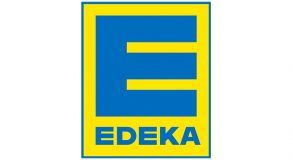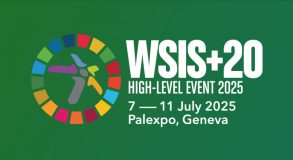CSR goals set with our stakeholders and approved at the highest level
It was the Board of Trustees, composed of representatives of key stakeholders, that approved Afnic’s strategic vision for 2025, thus reaffirming our commitment to sustainable development: “Use Internet naming and its values of openness and cooperation to develop user autonomy, innovation, risk management and digital sustainability”. This plan is centred on three main thrusts:
-
- Consolidate the position as the leader in domain names and the DNS in France and in Europe
- Maintain .fr as the most dynamic TLD in its market with development of its activity aimed at VSEs/SMEs as the priority targets
- Be a recognised and useful player in digital solidarity and in a sustainable digital sector
In order to set our priorities and officialise our CSR strategy in 2022, we undertook an analysis of our business cycle and produced a materiality matrix based on the ISO 26000 scopes of action. A list of priority areas for action was initially drawn up in-house during workshops with the Management Committee and staff representatives.
‘Long-standing’ actions have naturally been kept in place, in particular in terms of HR, dispute resolution, the protection of data and rights, services for domain name holders, and social investment. A large number of commitments surrounding these same topics are included in the Agreement signed with the French State and have also been incorporated into our framework for action.
We subsequently consulted our external stakeholders (members and representatives of registrar customers and users) to get feedback on their expectations and prioritise actions.
A CSR management system that ensures continuous improvement
Afnic steers its CSR actions using a management system based on the ISO 26000 standard and its 7 central questions: Organisational governance, Human Rights, Labour practices, The environment, Consumer issues, Fair operating practices, Community involvement and development.
Afnic asked Afnor Certification to assess its CSR policy in June 2023 and has obtained two labels: ‘Engagé RSE’ for CSR commitment, “Confirmed” level with 662 points out of 1,000, and the ‘Responsibility Europe’ label.
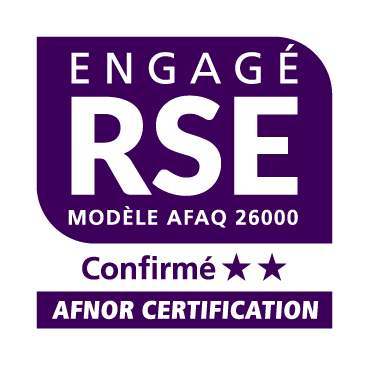 |
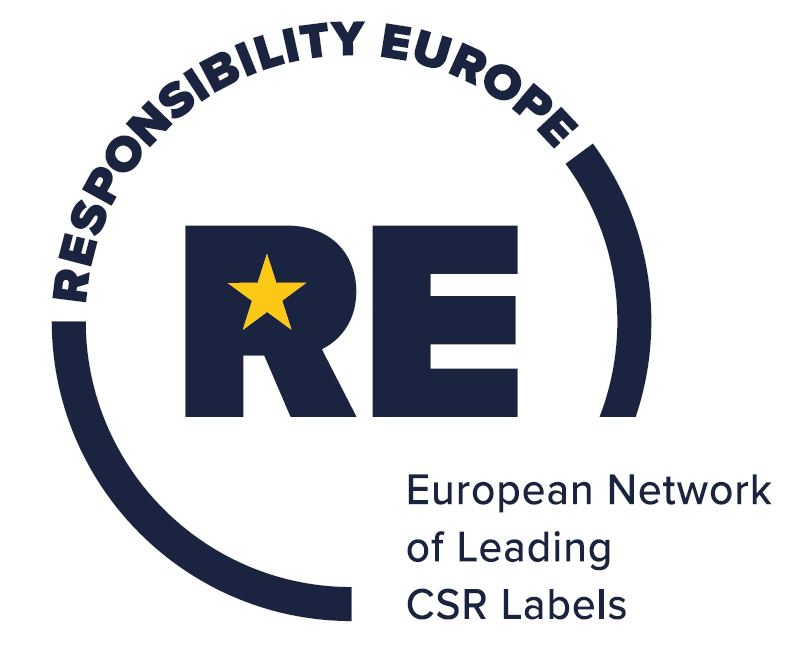 |
These merits of distinction are proof of the maturity of our practices in all central areas of the standard, the progress of the results obtained, and that our actions carried out in consultation with our employees, members, clients and suppliers contribute to a more responsible domain name activity, to protecting the environment, to employee well-being and to the fight for digital inclusion.
The awarding of the ‘Engagé RSE’ label confirms the relevance of the CSR management system established in 2002 and led to the definition of a 3-year progress plan that is fully in line with Afnic’s drive for excellence.
With its universal framework, ISO 26000 relates very precisely to the sustainable development goals. Afnor’s “Engagé RSE” label exhaustively evaluates the actions deployed for the seven core subjects of ISO 26000 and consequently contribution to the SDGs.
By constructing its CSR management system in accordance with the ISO 26000 framework, Afnic has made sure that it contributes to the SDGs in a measurable way. The diagram below represents Afnic’s contribution to the 17 SDGs as evaluated in June 2023 in the context of the “Engagé RSE” label.
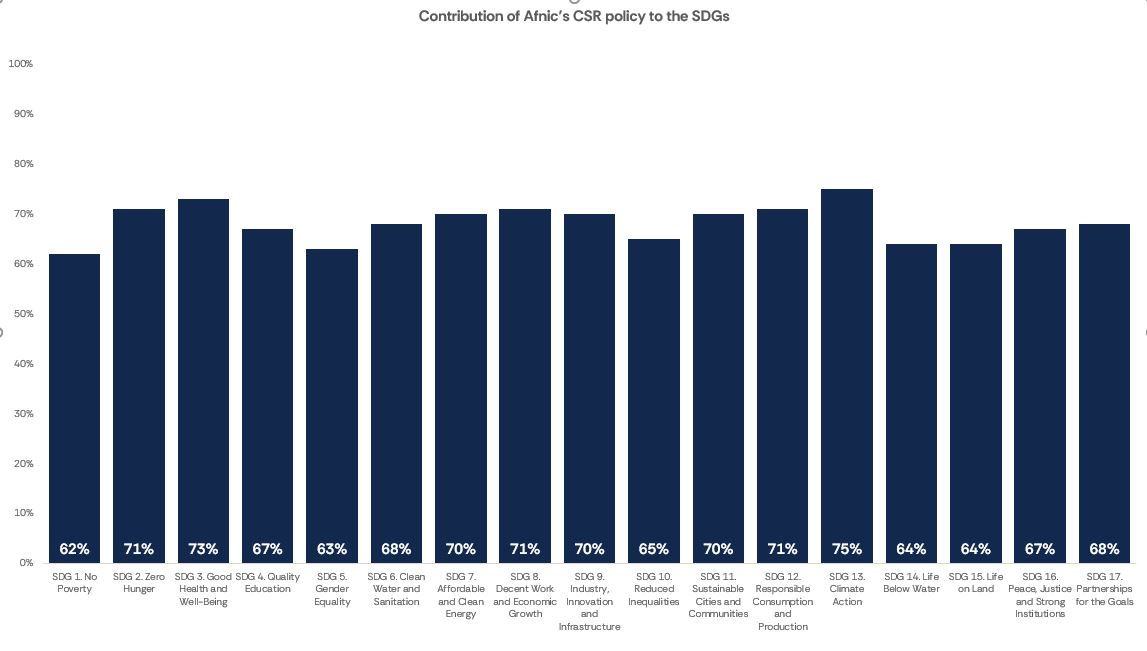
-
Sustainable Development Goal Afnic’s Score SDG 1. No Poverty 62% SDG 2. Zero Hunger 71% SDG 3. Good Health and Well-Being 73% SDG 4. Quality Education 67% SDG 5. Gender Equality 63% SDG 6. Clean Water and Sanitation 68% SDG 7. Affordable and Clean Energy 70% SDG 8. Decent Work and Economic Growth 71% SDG 9. Industry, Innovation and Infrastructure 70% SDG 10. Reduced Inequalities 65% SDG 11. Sustainable Cities and Communities 70% SDG 12. Responsible Consumption and Production 71% SDG 13. Climate Action 75% SDG 14. Life Below Water 64% SDG 15. Life on Land 64% SDG 16. Peace, Justice and Strong Institutions 67% SDG 17. Partnerships for the Goals 68%
Responsibility across our entire value chain
Historically, purchases constitute the biggest item in Afnic’s carbon footprint assessment (Bilan Carbone®) (67% in 2023). There was therefore an urgent need to put in place a responsible purchasing policy to reduce their impact.
Afnic is subject to the Public Procurement Code and applies its selection criteria.
The Public Procurement Code was amended in 2022 in that bids are now assessed not just on price but also on social, societal and environmental criteria. Price is just one part of the costs engendered by a product or service over its life cycle. Which is why it is necessary to calculate all the costs (research and development, raw materials, production, marketing, transport, use, maintenance/restoration, and end of life) in order to determine the most economically advantageous bid.
At the beginning of 2022, Afnic established a list of all the purchases made for all its activities and established a grid of award criteria applicable to each family of purchases with associated weightings of between 10% and 20%. These criteria have been applied to all contracts awarded since 2022. Afnic’s purchasing policy was updated accordingly and is attached to each contract and available on the dedicated page of Afnic’s website (in French only). We are also equally attentive to purchases of services. In the event of recurrent problems over a certain level, we study the possibility of “insourcing”.
For purchases below the public procurement threshold, we anticipate and list the forecast purchases for the year in order to make ecologically responsible purchases whenever possible. The procurement department is a prime source of proposals for bringing about changes in practices and envisaging alternatives. This allows us to choose responsible products, suppliers and service providers, in particular local ones and ESATs (structures providing employment to persons with disabilities). Contributing to local socio-economic development is important to us.
Beyond these actions aimed at “buying better”, starting in 2013 we have also taken actions to “buy less”, such as a review of the travel policy, the rationalisation of purchases (grouping orders, buying more locally and ecologically responsibly) in order to reduce transport and therefore impact, and extending depreciation periods, in particular the useful lives of computer hardware.


